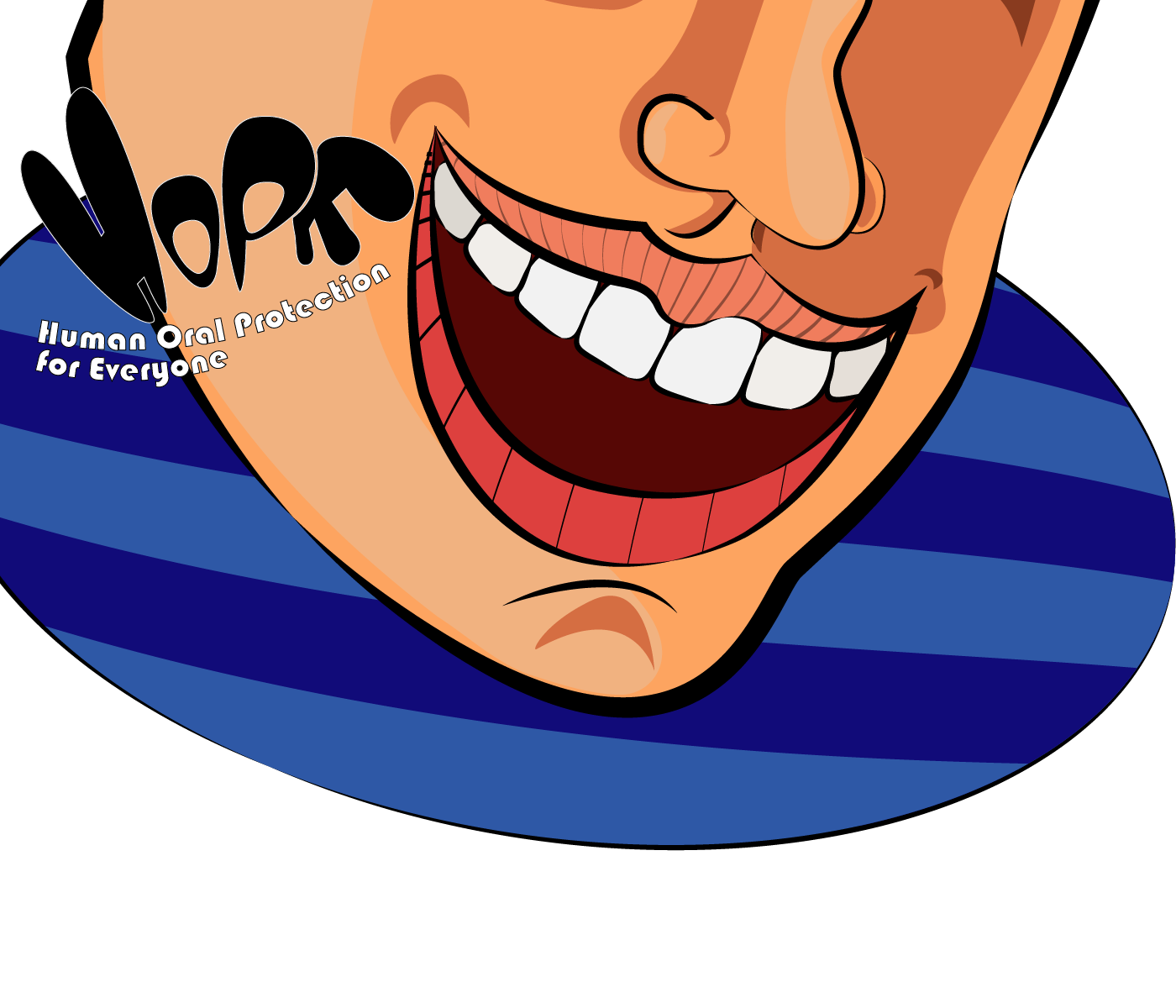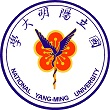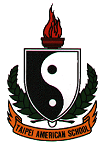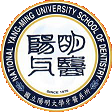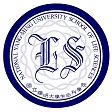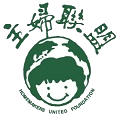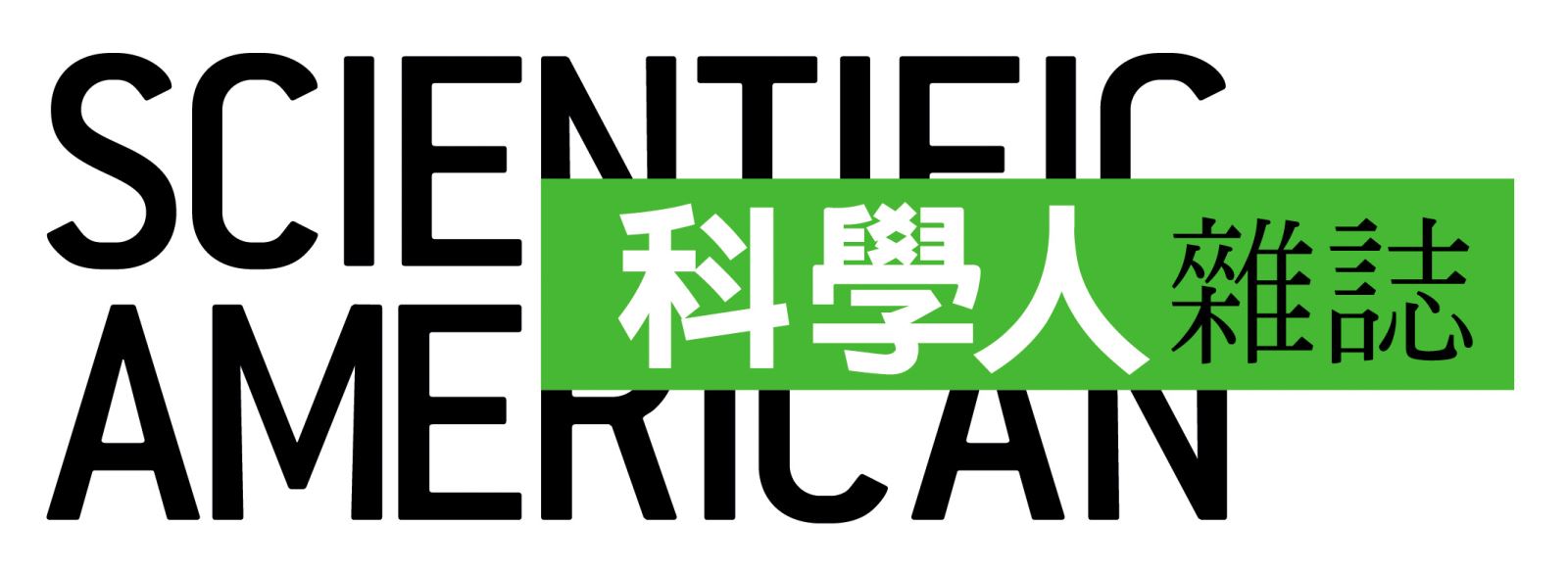Biosafety
Organisms We Used
We use E. coli K-12 MG1655 and phage M102 in our project. They help us to control the number of S. mutans, pathogen in the mouth. As we hope to use these organisms inside our mouth, we do biosafety research, and design suicide circuits in E. coli to prevent it from causing disease when dropping out of our mouth. We will discuss biosafety, laboratory safety respectively.
Strain information of E. coli K-12 MG1655
We use E. coli K-12 MG1655 and phage M102 in our project. They help us to control the number of S. mutans, pathogen in the mouth. As we hope to use these organisms inside our mouth, we do biosafety research, and design suicide circuits in E. coli to prevent it from causing disease when dropping out of our mouth. We will discuss biosafety, laboratory safety respectively.
Strain information of bacteriophage M102
E. coli K-12 is in risk group 1, which is the most harmless. It is not able to colonize human’s intestinal tract under normal conditions, thus it won’t cause disease in human[1].
E. coli suicide circuit design
Strain information of bacteriophage M102 Phage M102 belongs to the family of Siphoviridae with morphotype B1[2], which is tail long and noncontractile, head isometric. Bacteriophage M102 is specific to S. mutans, there is little concern of risks to human and environment.
Lab safety
Reference
- Escherichia coli K-12 Derivatives Final Risk Assessment , TSCA (http://epa.gov/biotech_rule/pubs/fra/fra004.htm)
- van der Ploeg, J. R. (2007). Genome sequence of Streptococcus mutans bacteriophage M102. FEMS Microbiol Lett 275, 130–138.
 "
"
